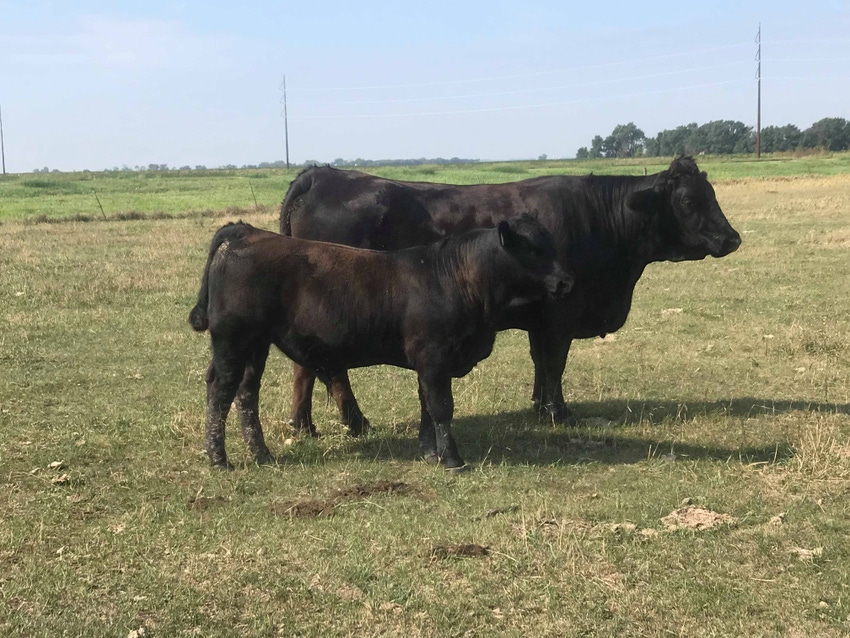Are your livestock covered in your estate plan?
When estate planning, consider how your livestock would be best managed and marketed in the event of your passing.
December 14, 2018

When we think about estate planning for ranching families, we often think of the obvious assets such as the house and the land. Most of our discussions pertain to how these assets will be divvied up amongst siblings. And for many families, there’s typically language included in the plan that gives the on-farm child first dibs to purchasing farm assets should the other siblings choose to sell.
A concrete estate plan also needs to cover additional items such as equipment, vehicles, personal items and livestock. Keeping an itemized list of these assets can help heirs understand their true value.
This becomes particularly important when considering the value of livestock. Not all cattle are created equal. Sure, if you haul the herd to the sale barn, they’ll all bring commercial price. However, do your heirs know how much you paid for that purebred herd sire five years ago? How about the semen in the tank?
For seedstock producers, or commercial producers who have paid premiums for specific animals, the value of these critters isn’t as obvious as the current market price at the auction barn. As a result, how these cattle should be handled after the current operator has passed should be included in an estate plan.
Ohio-based attorney Cathy Perkins says livestock trusts are a popular trend in the industry right now. She says a written declaration of how the farm owner wishes livestock to be cared for after the owner’s death can provide informational resources and instructions for handling these cattle.
Perkins says, “These trusts help put aside money and/or resources so that an owner can still protect their prized animals long after they are gone, a relatively new – and unusual to some – dimension of estate planning. However, as many of us know, estates, wills and trusts can be messy business – often leading to major family disagreements.”
Livestock trusts are particularly important if heirs aren’t involved in the ranch enterprise. Would these heirs know who your veterinarian is? How about your nutritionist? If the solo owner passes away, who is feeding the livestock, and for how long? Through calving season? Before? At weaning? And who pays the wages of the hired man?
If the heirs wish to sell the livestock, would they know the best avenue to market these valuable cattle to ensure the best price? Which trucking company should be contacted to haul the livestock to town? Is there a breed representative they should be working with to connect with perspective buyers? How about the sale of semen and embryos? Are they in storage somewhere? When does that bill arrive? How do the heirs manage those atypical assets?
There are so many questions that are best answered while the owner-operator is still alive. When you’re preparing your inventory list for your upcoming tax appointment, perhaps that is a good time to start thinking about how you would want those high-value cattle to be handled in the event of your passing.
You would be hard pressed to find someone who enjoys estate planning. Thinking about the details of your funeral, as well as deciding how to split up your assets is an exhausting, daunting task.
You’ve worked your entire life to build your legacy, and it’s more than just your land and your house. Your prized livestock need to be accounted for, as well. Consider adding a livestock trust to your estate plan to protect your valuable cattle.
The opinions of Amanda Radke are not necessarily those of beefmagazine.com or Farm Progress.
About the Author(s)
You May Also Like





